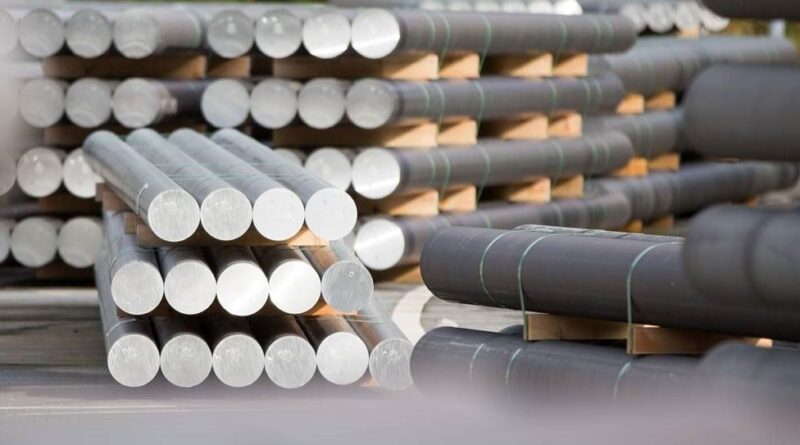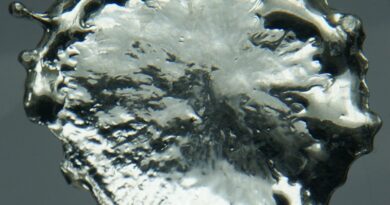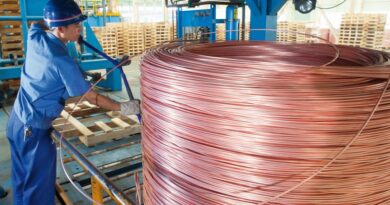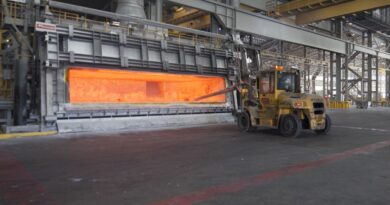Inaction on comprehensive ban of Russian aluminium
European Aluminium has called on the EU to address the ongoing exclusion of major aluminium product categories from its sanctions regime on Russia. This stands in stark contrast to actions taken by other G7 international partners, including the US, UK, and Canada, which have already imposed measures on Russian aluminium ingots.
European Aluminium stresses that a comprehensive ban1 should encompass all principal categories of aluminium products — including ingots, slabs, and billets. These categories collectively account for more than 85% of the EU’s aluminium imports from Russia. Adopting this comprehensive approach is crucial for aligning the EU’s actions with those of other G7 international partners. A united stance is essential to effectively isolate the Russian regime economically and halt the financing of its aggression.
“It’s getting harder and harder to justify the continued exclusion of aluminium ingots from the scope of EU sanctions on Russia,” says Paul Voss, Director General at European Aluminium. “We could live comfortably without it, and we should.
This continued omission has allowed Russia to bring in revenue of more than €3.5 billion2 over the last two years, directly contradicting the G7’s commitment to cut Russian metal revenues. Meanwhile, our downstream producers (e.g. extruders, rollers) in the EU are increasingly at a disadvantage compared to those in other G7 regions like the US, which is already shielded from the influx of semi-finished products made from discounted Russian metal ingots. We urgently need to address this gap to ensure a level playing field and live up to our international commitments. But most importantly, we must stop funding the Russian war machine with revenues from aluminium imports.”
Since the onset of the conflict, the European aluminium industry has proactively reduced its reliance on Russian aluminium. According to EU trade data, aluminium imports of ingots from Russia decreased by 35% last year. This trend continues into early 2024. This reduction has resulted in Russia’s market share now accounting for only about 8% of the EU’s aluminium ingot imports (HS 7601), down from 25% just a few years ago. Without the EU implementing comprehensive measures on Russian ingots, the industry’s efforts to achieve complete decoupling will be hindered. The European value chain could easily substitute the relatively small percentage of Russian metal with increased EU production and imports from elsewhere.
NOTES:
1 Including on indirect imports of Russian ingots via semis-finished products from third countries.
2 EU imports of unwrought (i.e. primary) Russian aluminium -HS Code 7601 accounted for €2 259 047 896 in
2022 and €1 248 761 387 in 2023 according to European Aluminium analysis based on data from Eurostat.




